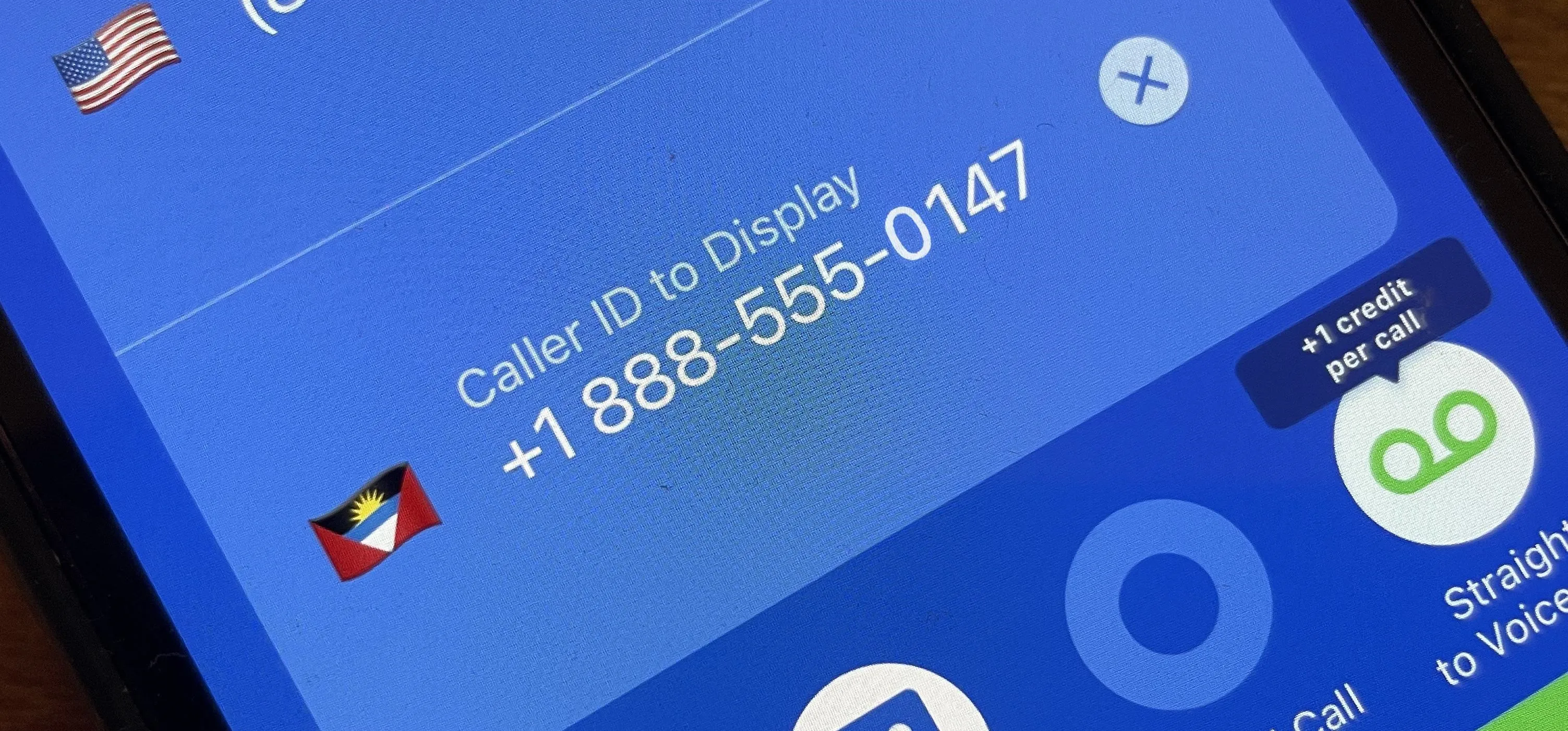News and Updates from Null Byte


news
Security Alert: Your Wireless Mouse or Keyboard Can Be Hacked


news
'Impossible to Identify' Website Phishing Attack Leaves Chrome & Firefox Users Vulnerable (But You Can Prevent It)


news
Buyer's Guide: Top 20 Hacker Holiday Gifts for Christmas 2017
Featured On Null Byte:
Cyber Weapons Lab


news
The Hacker's Jargon 






Featured On Null Byte:
Wi-Fi Hacking









Featured On Null Byte:
Password Cracking










Featured On Null Byte:
Linux Basics










Featured On Null Byte:
Metasploit Basics





























































































































































































